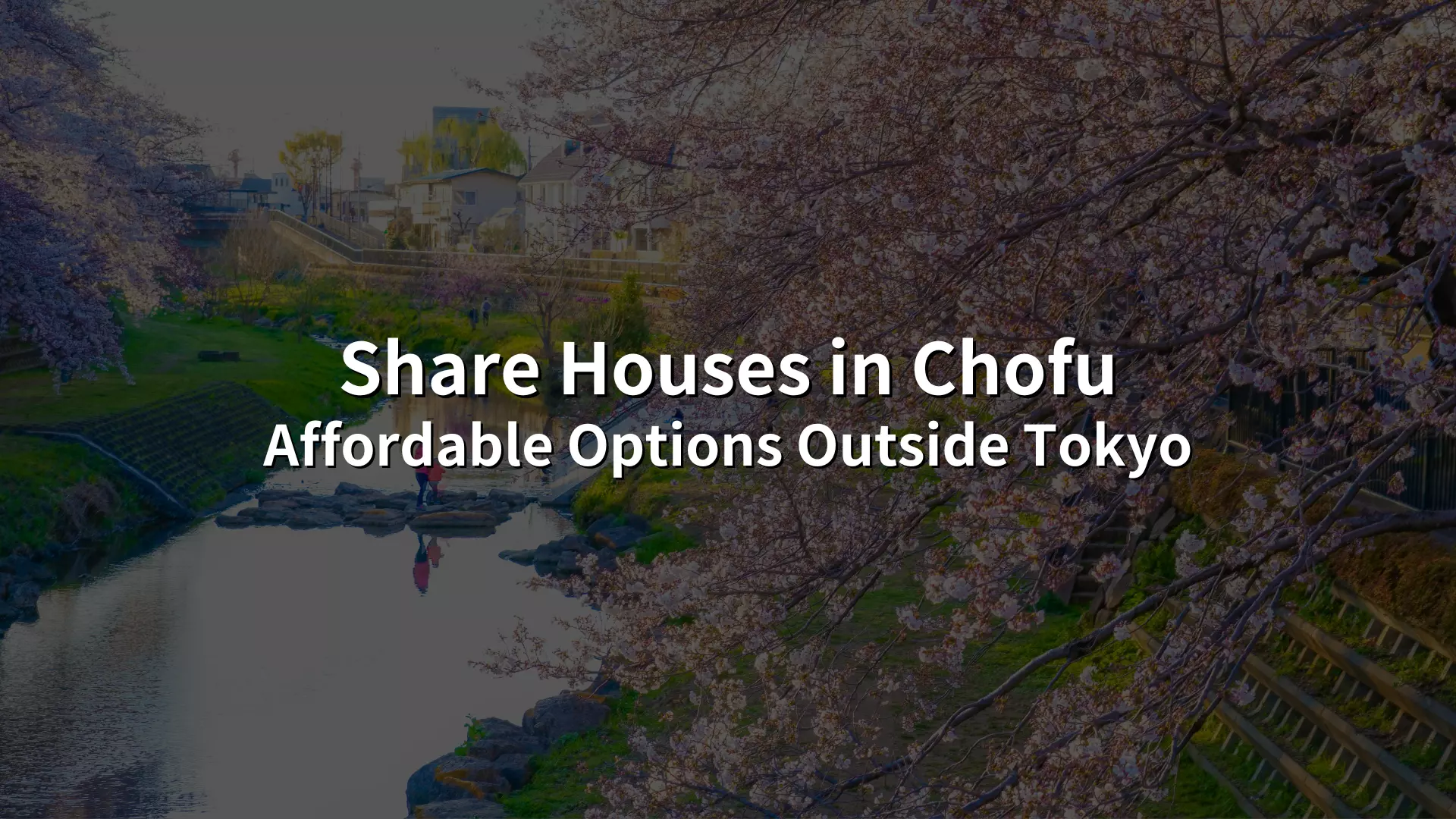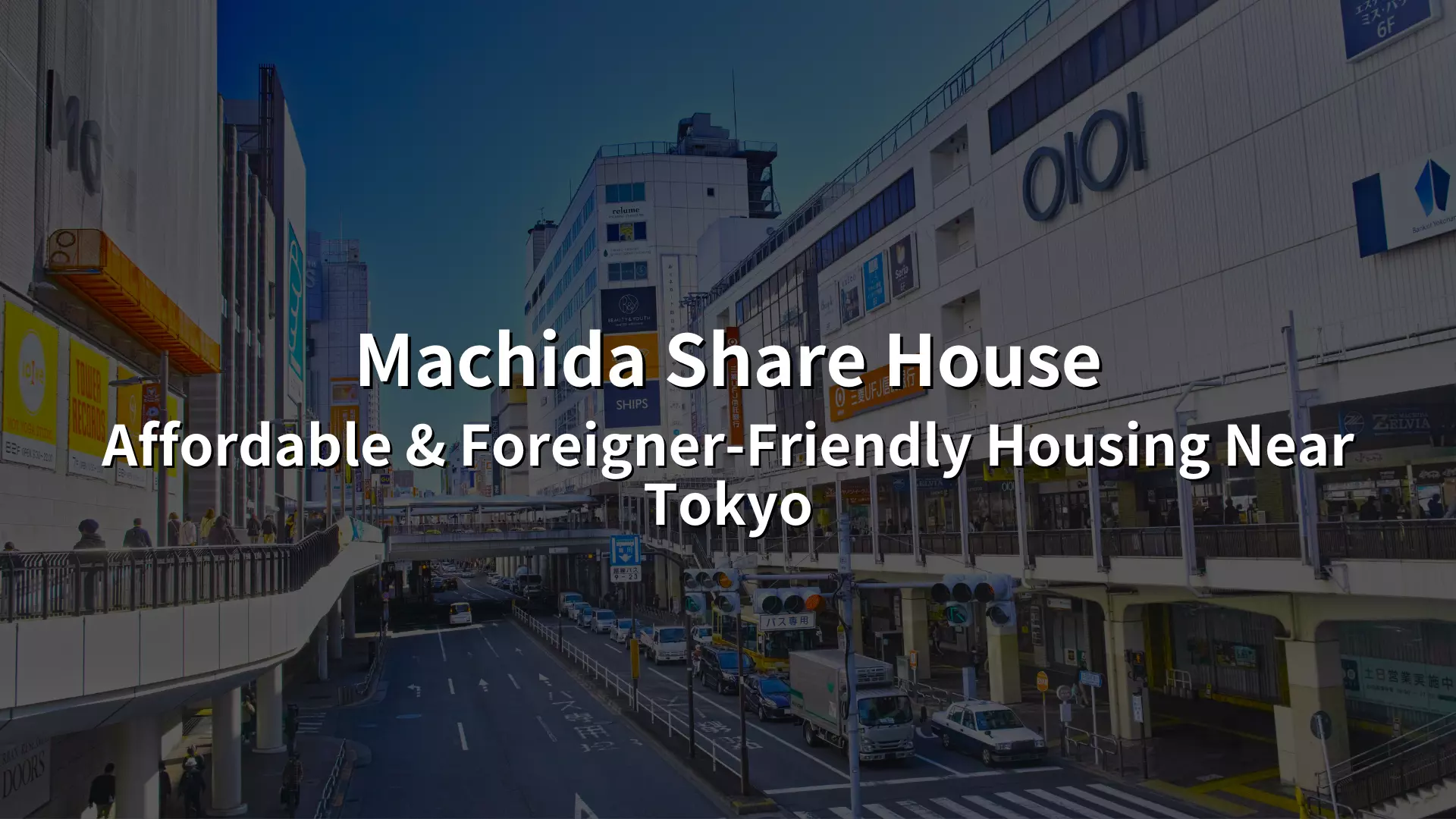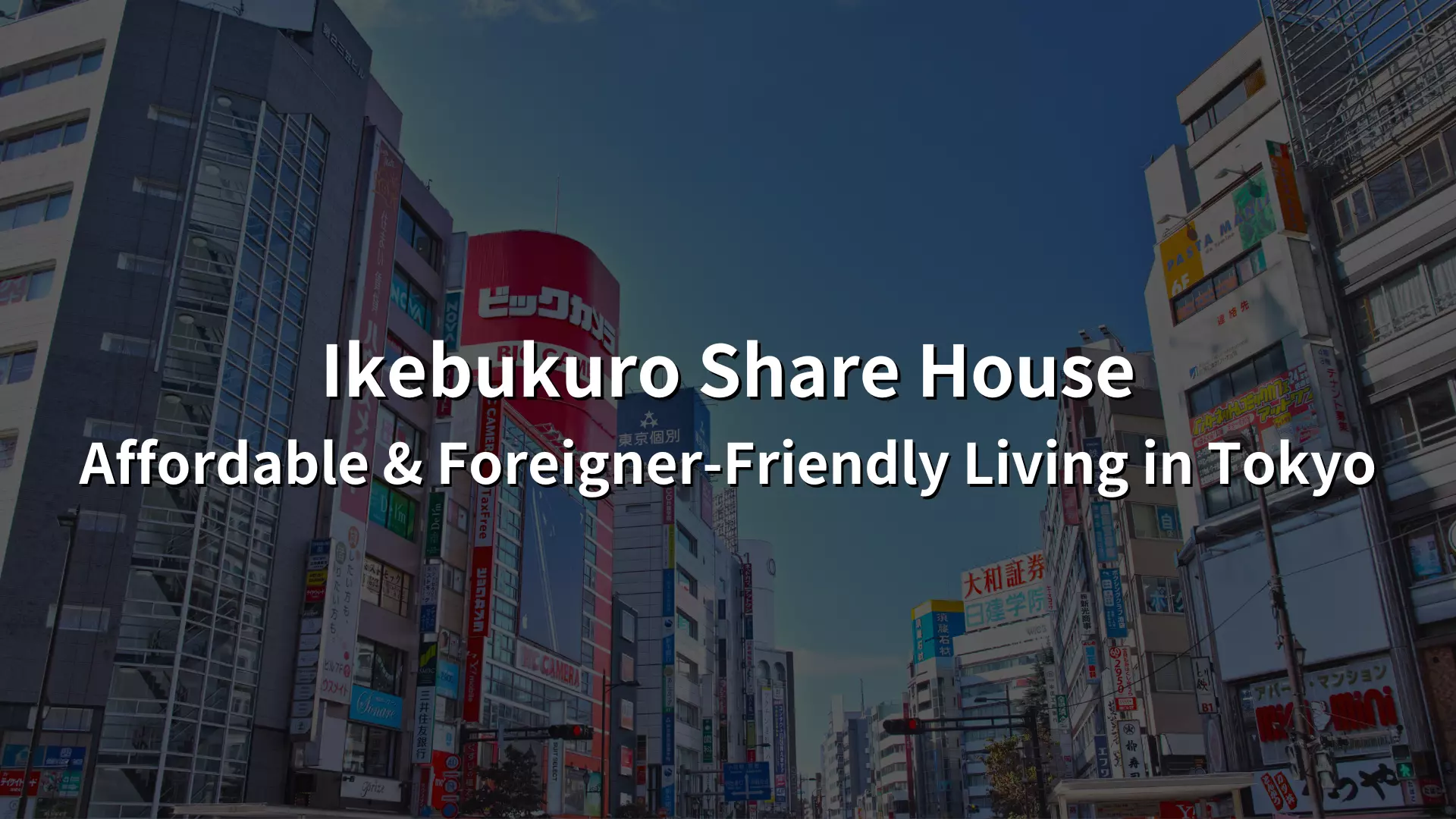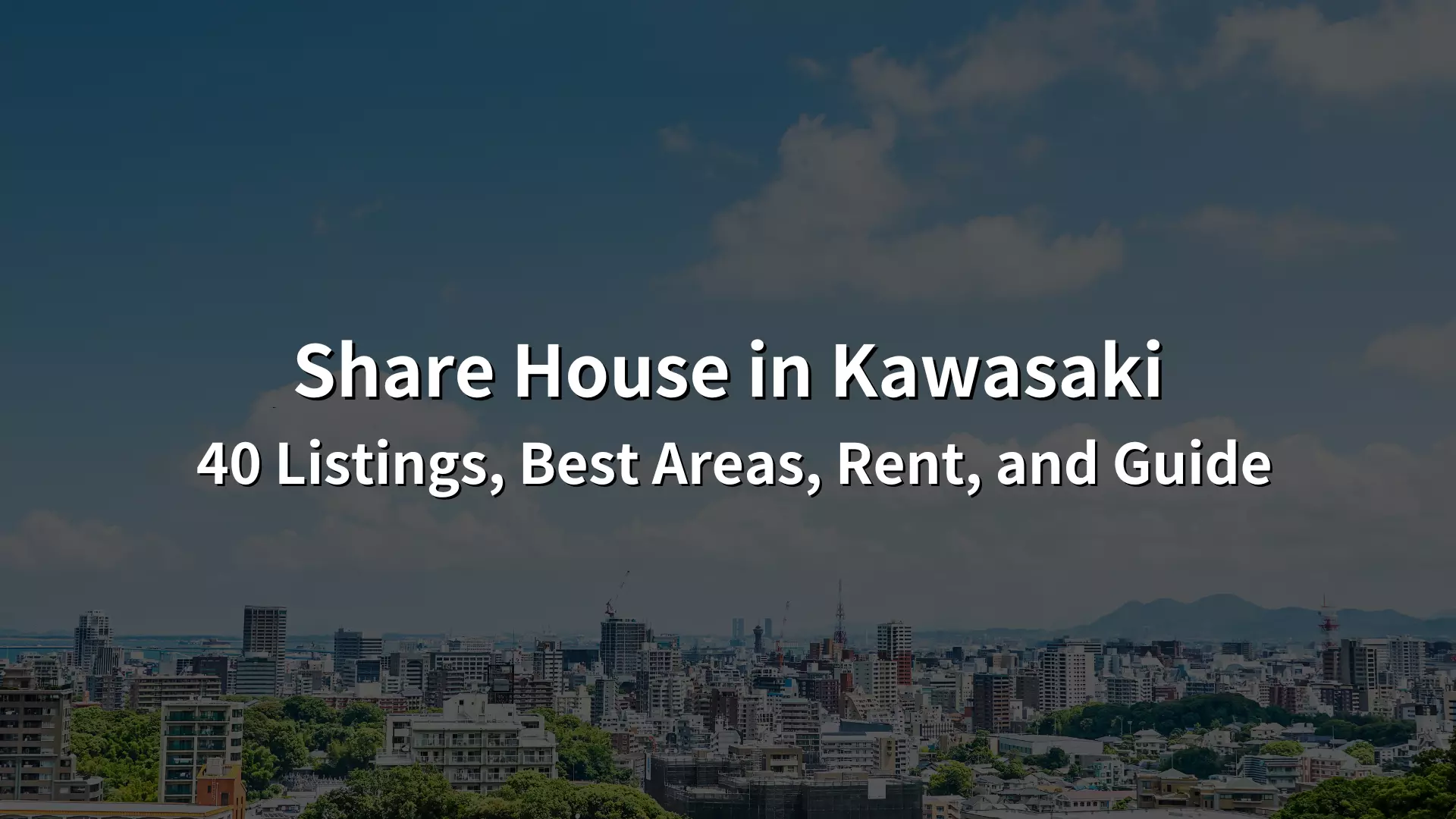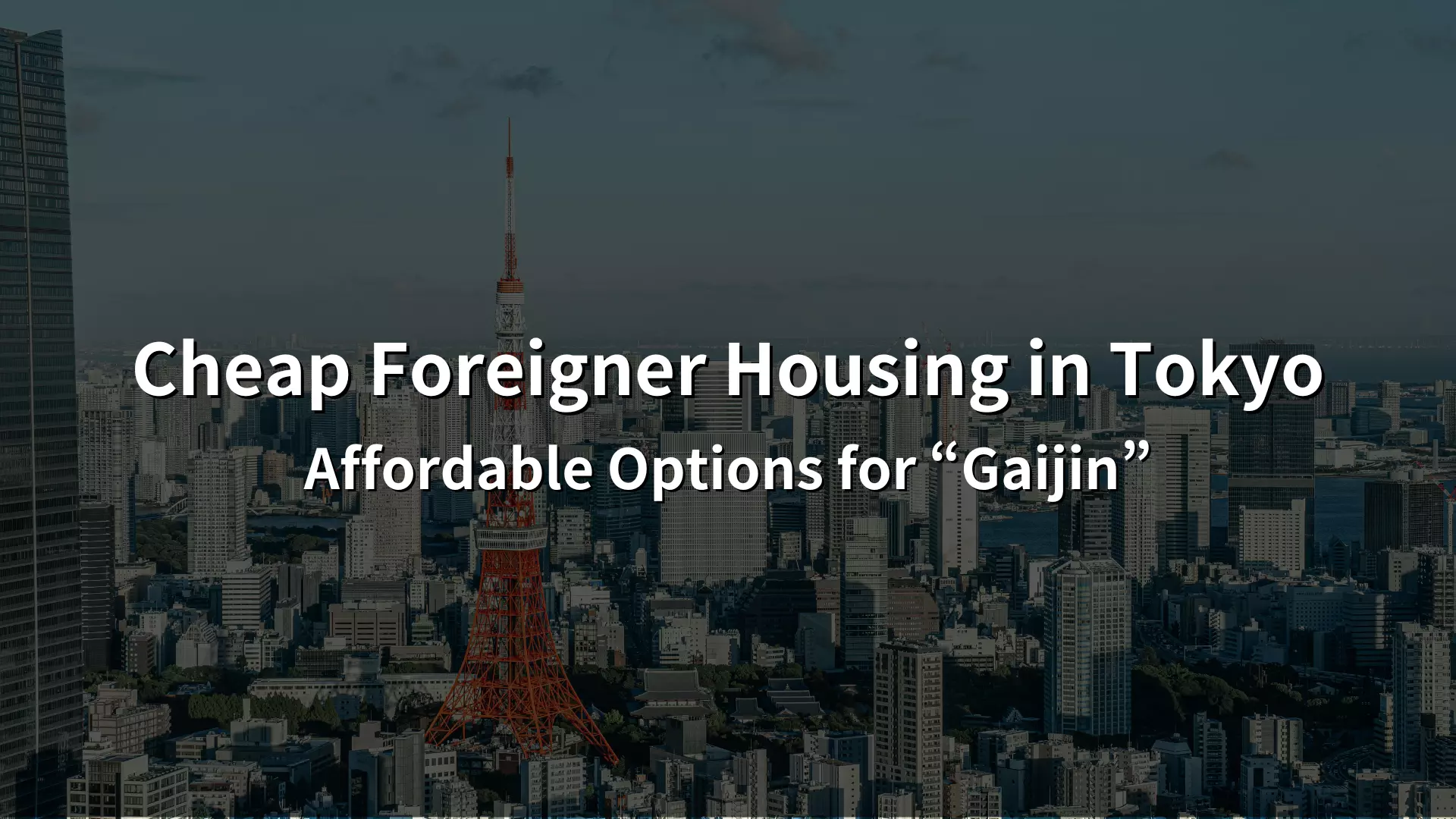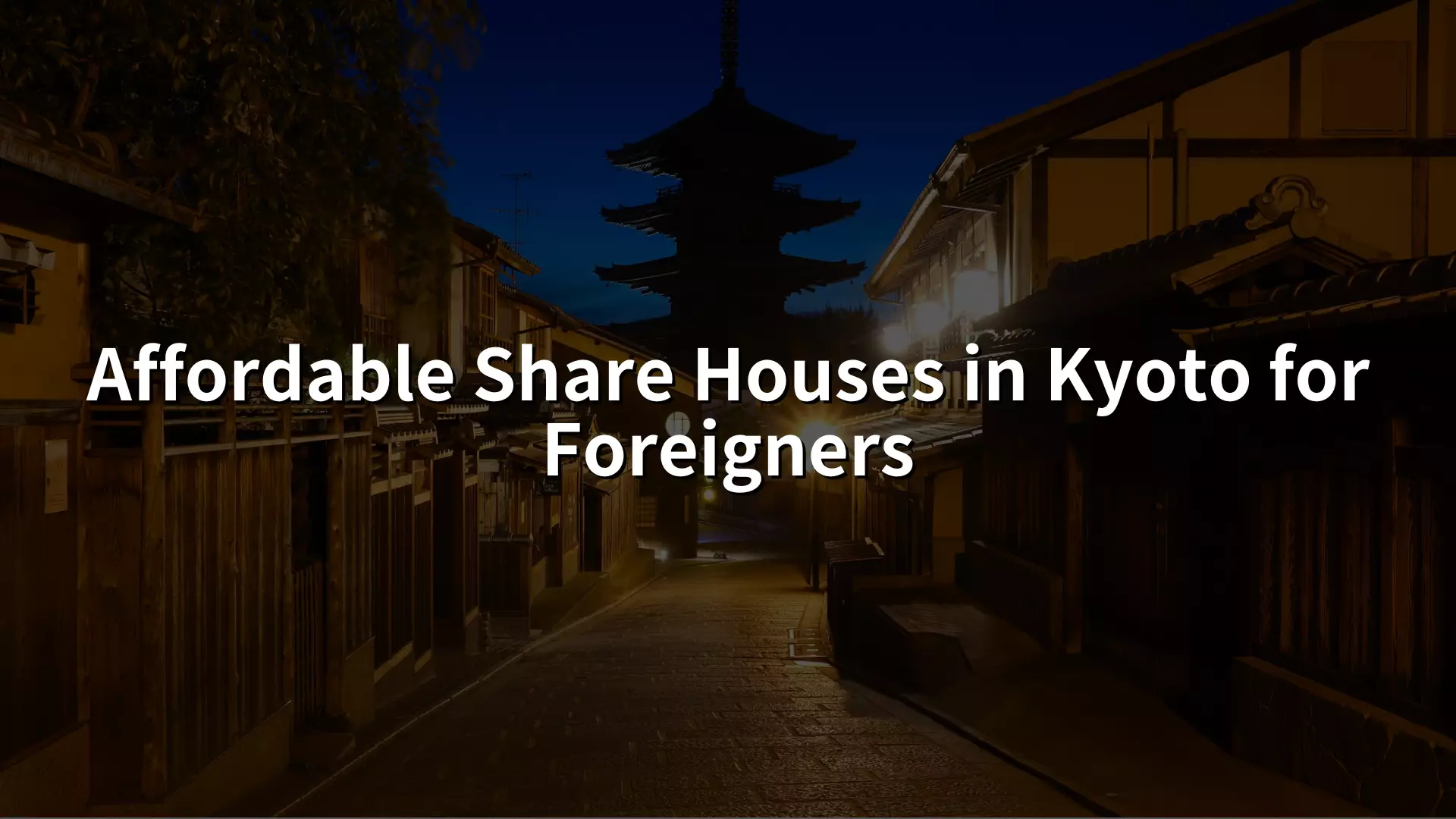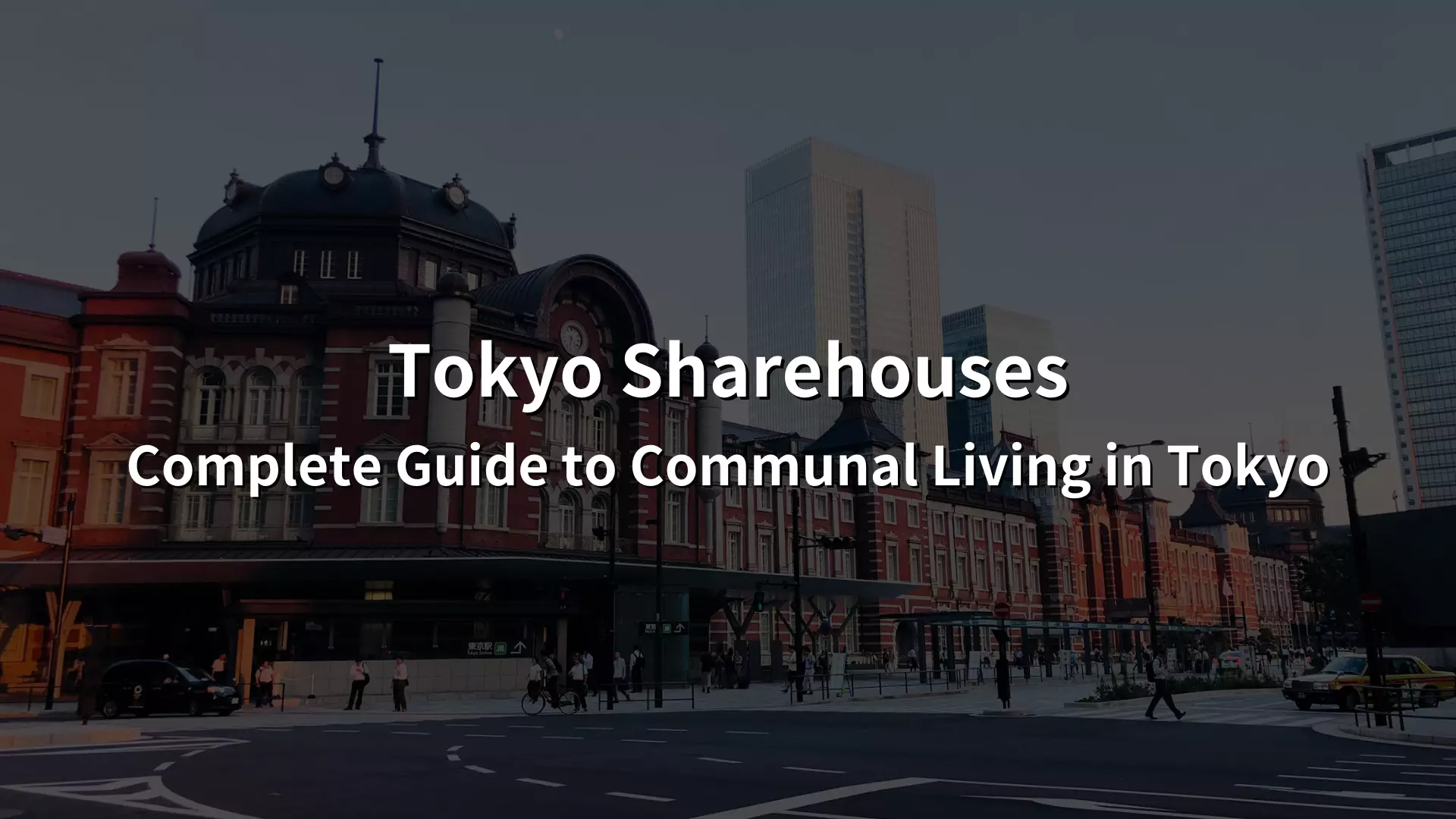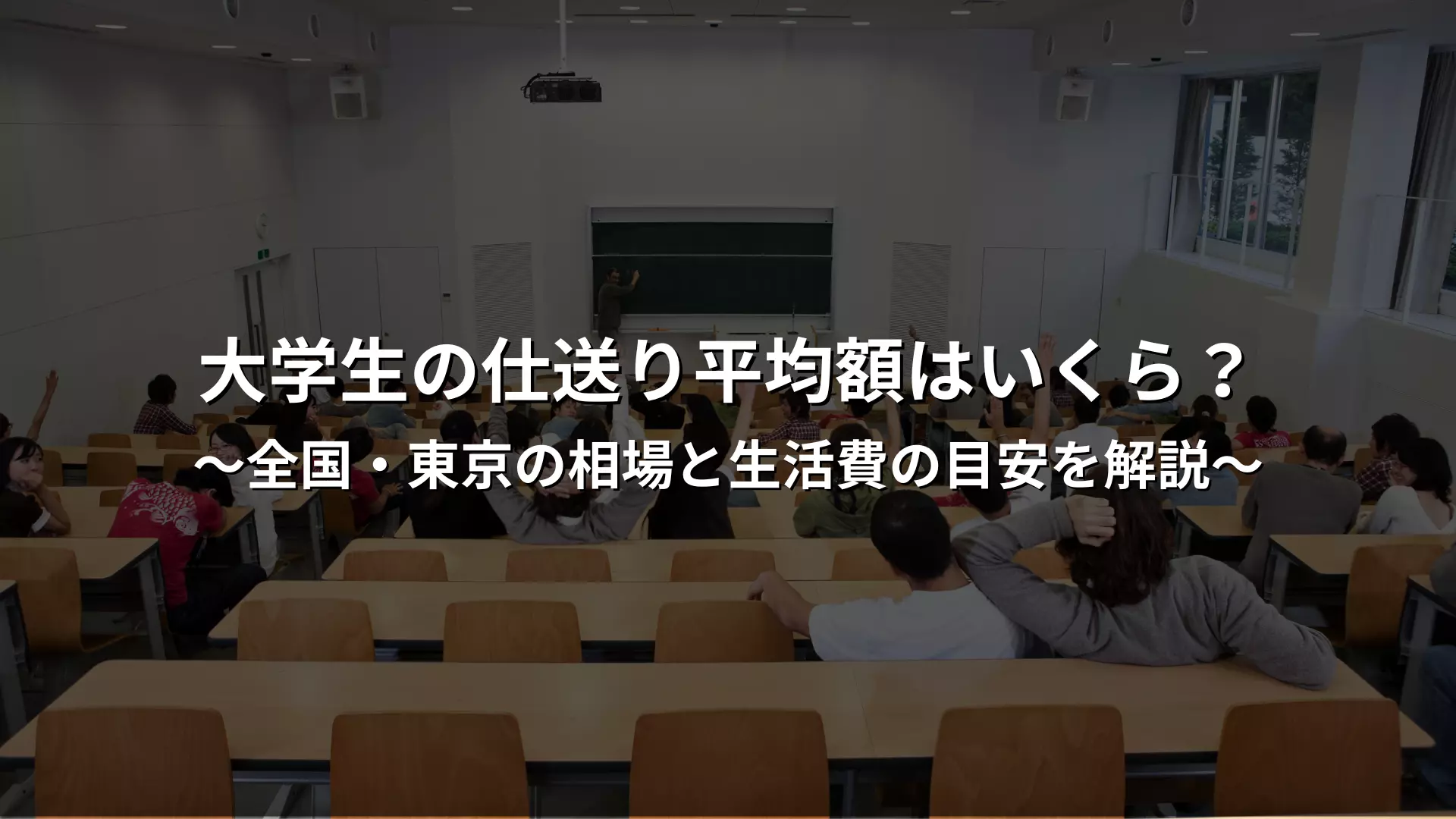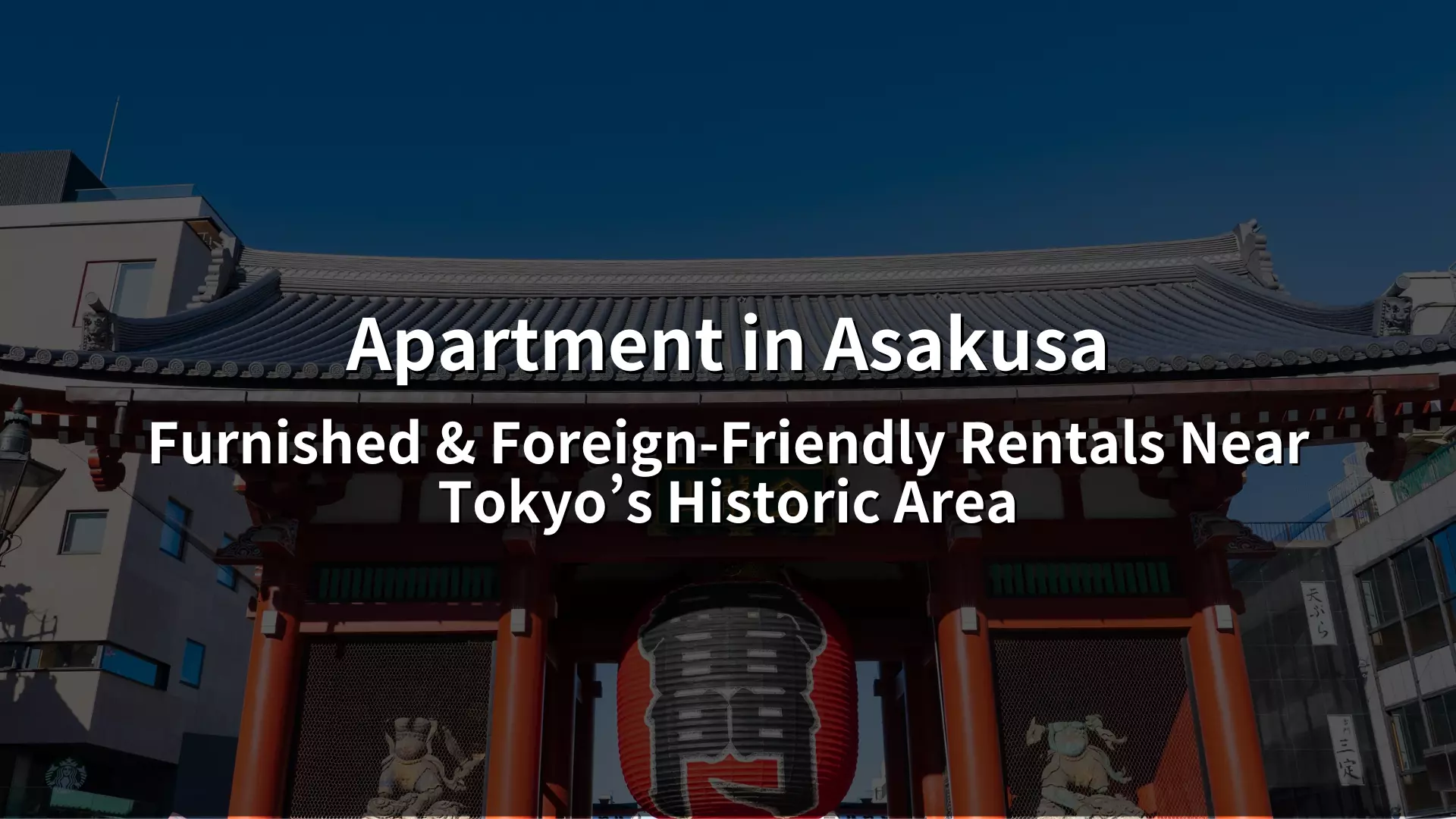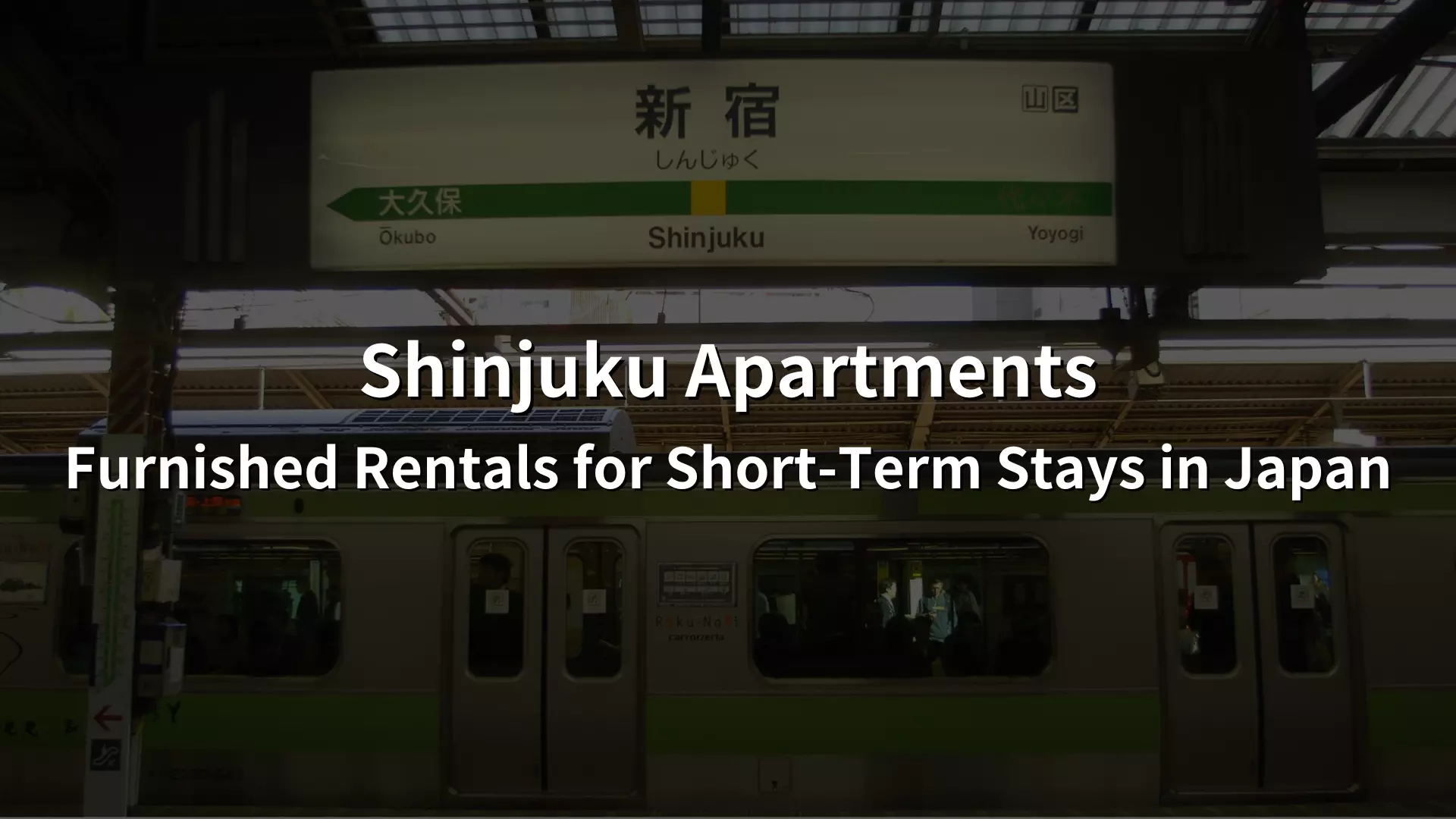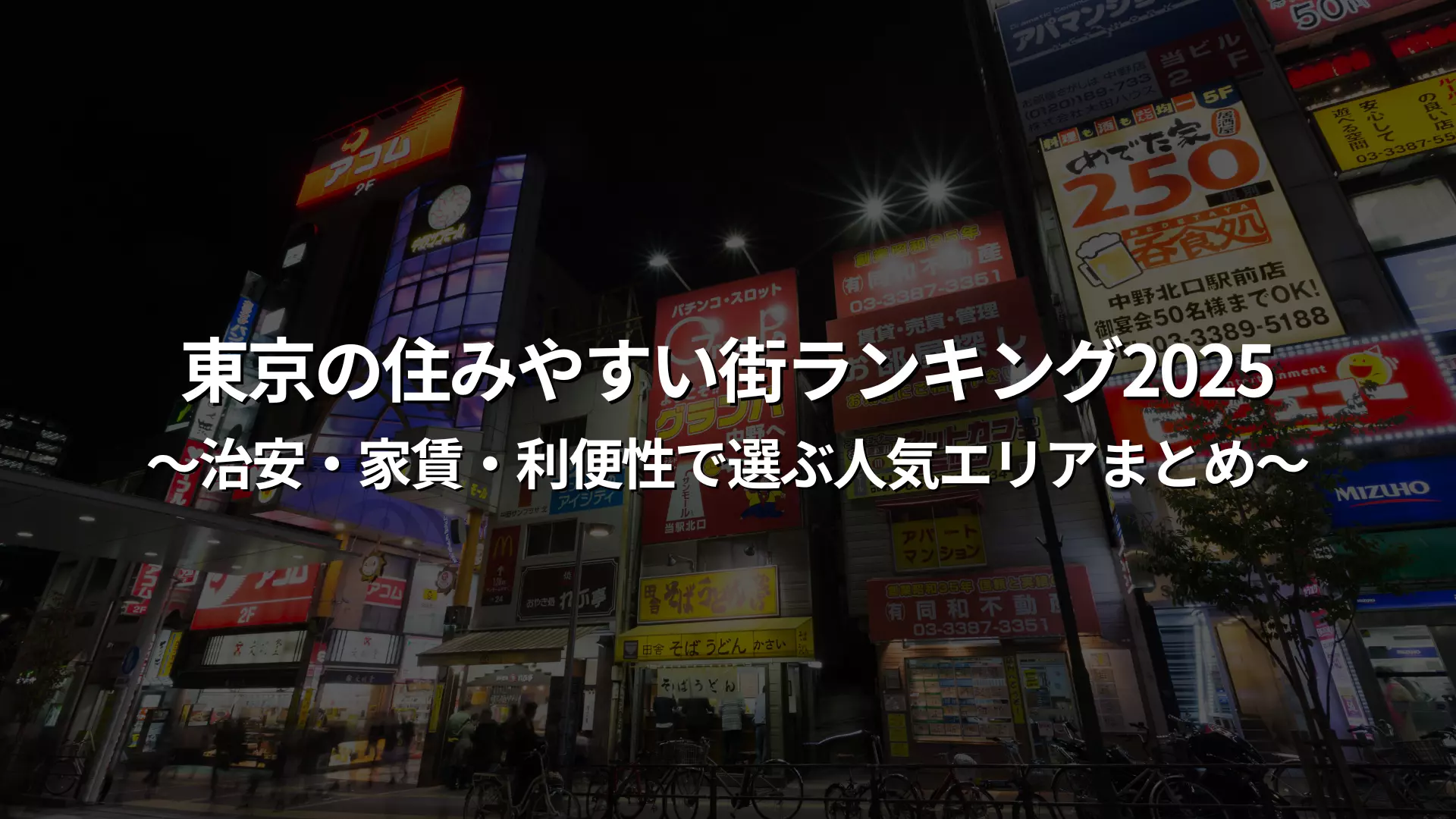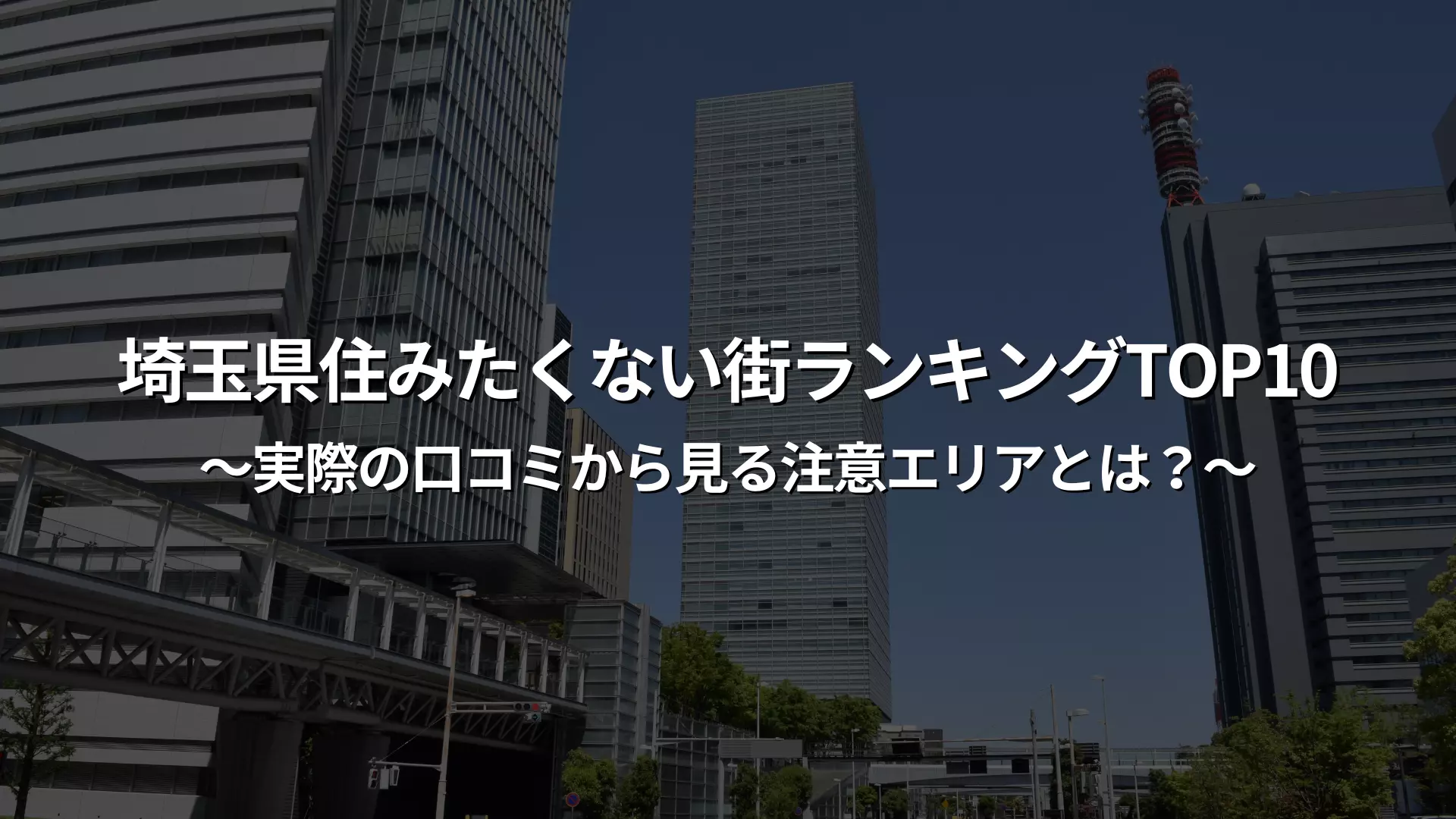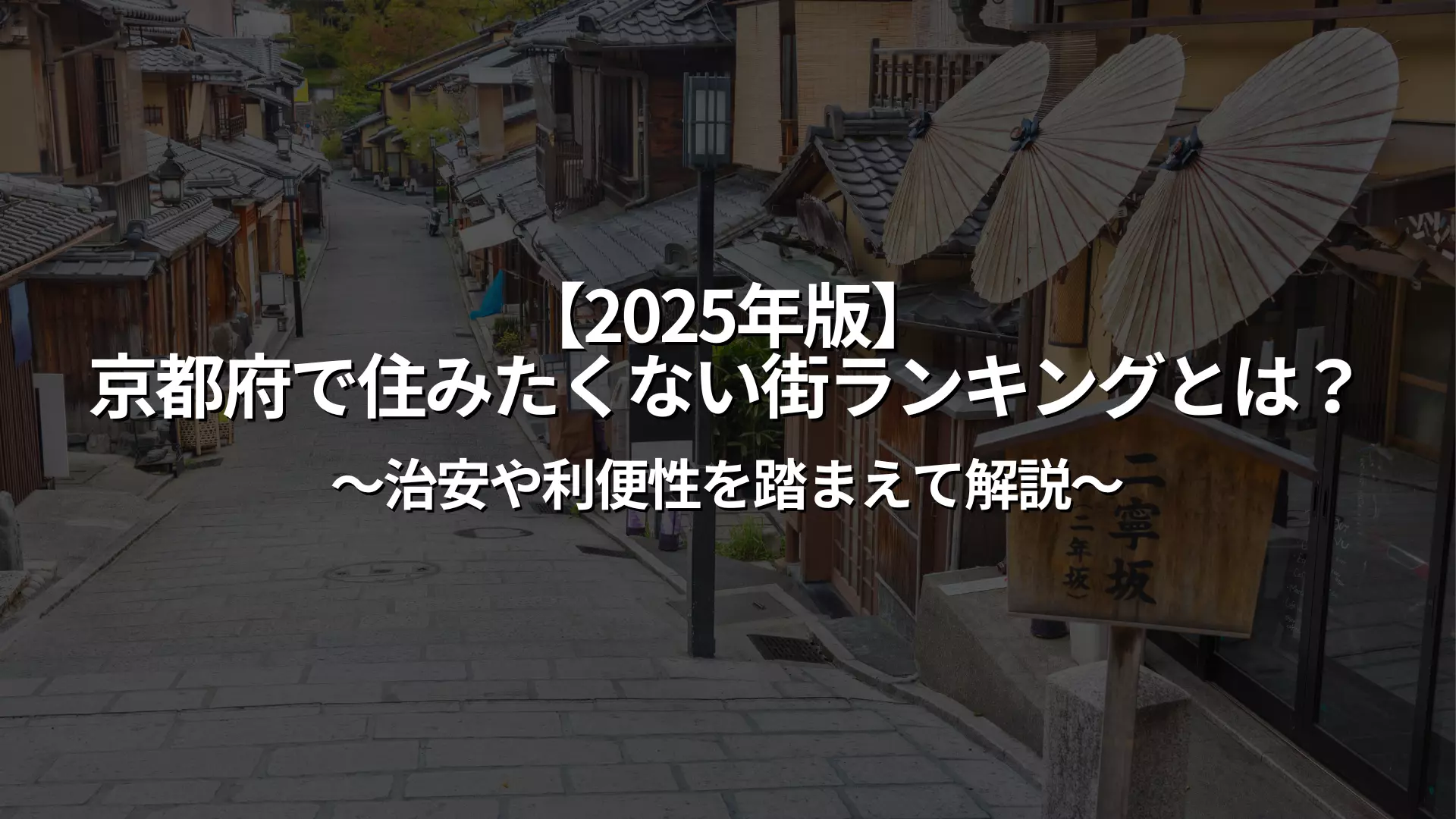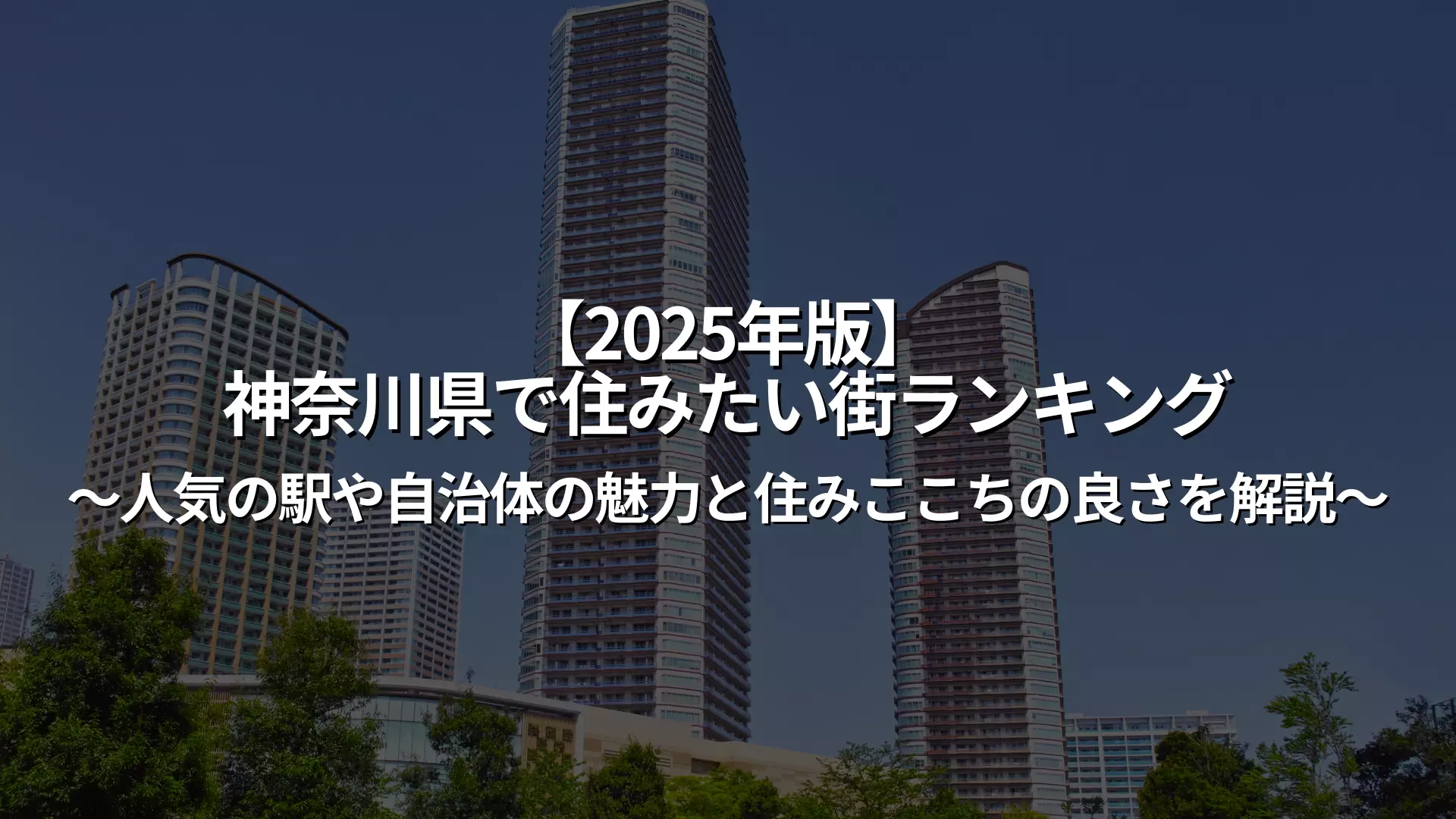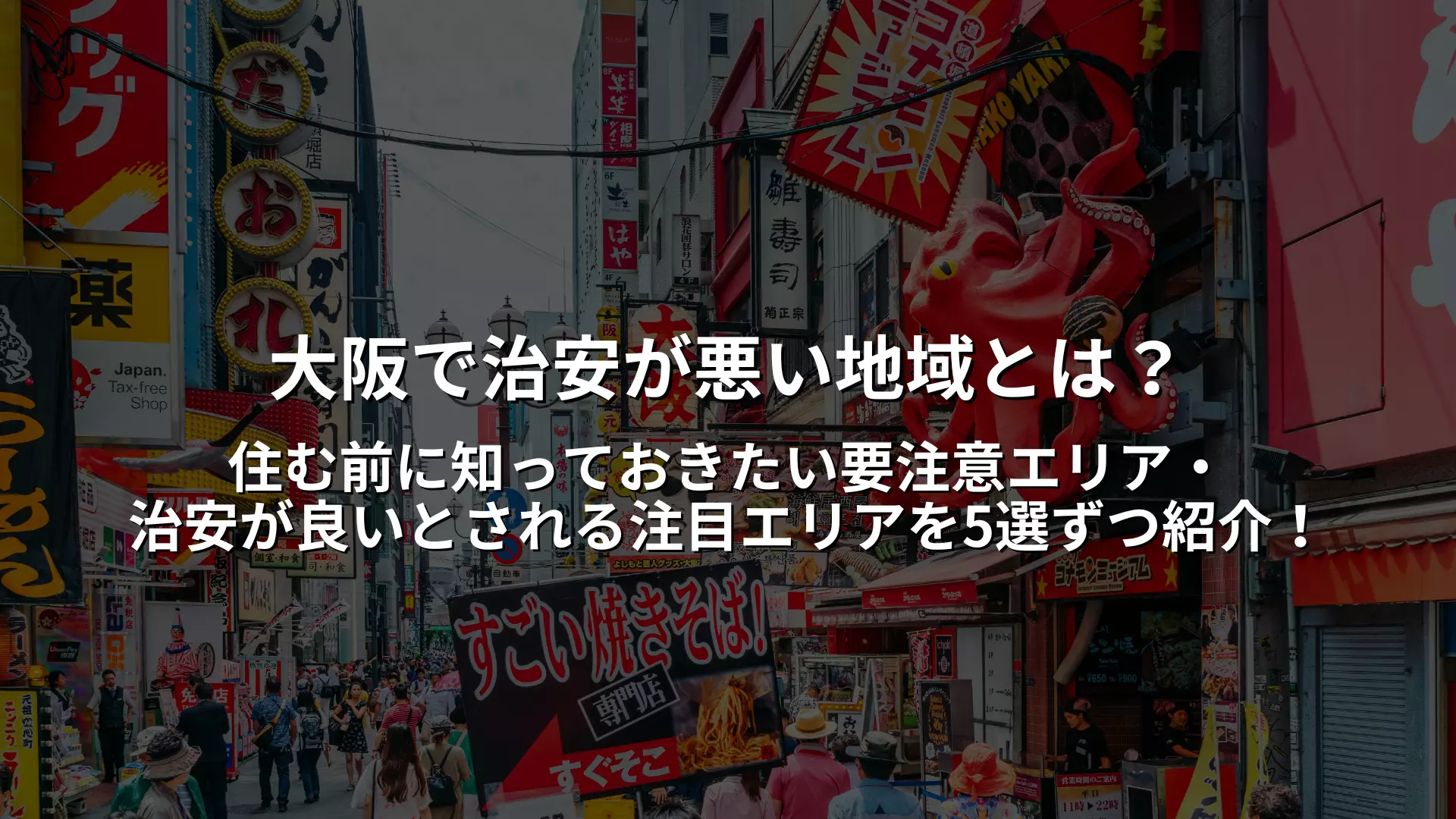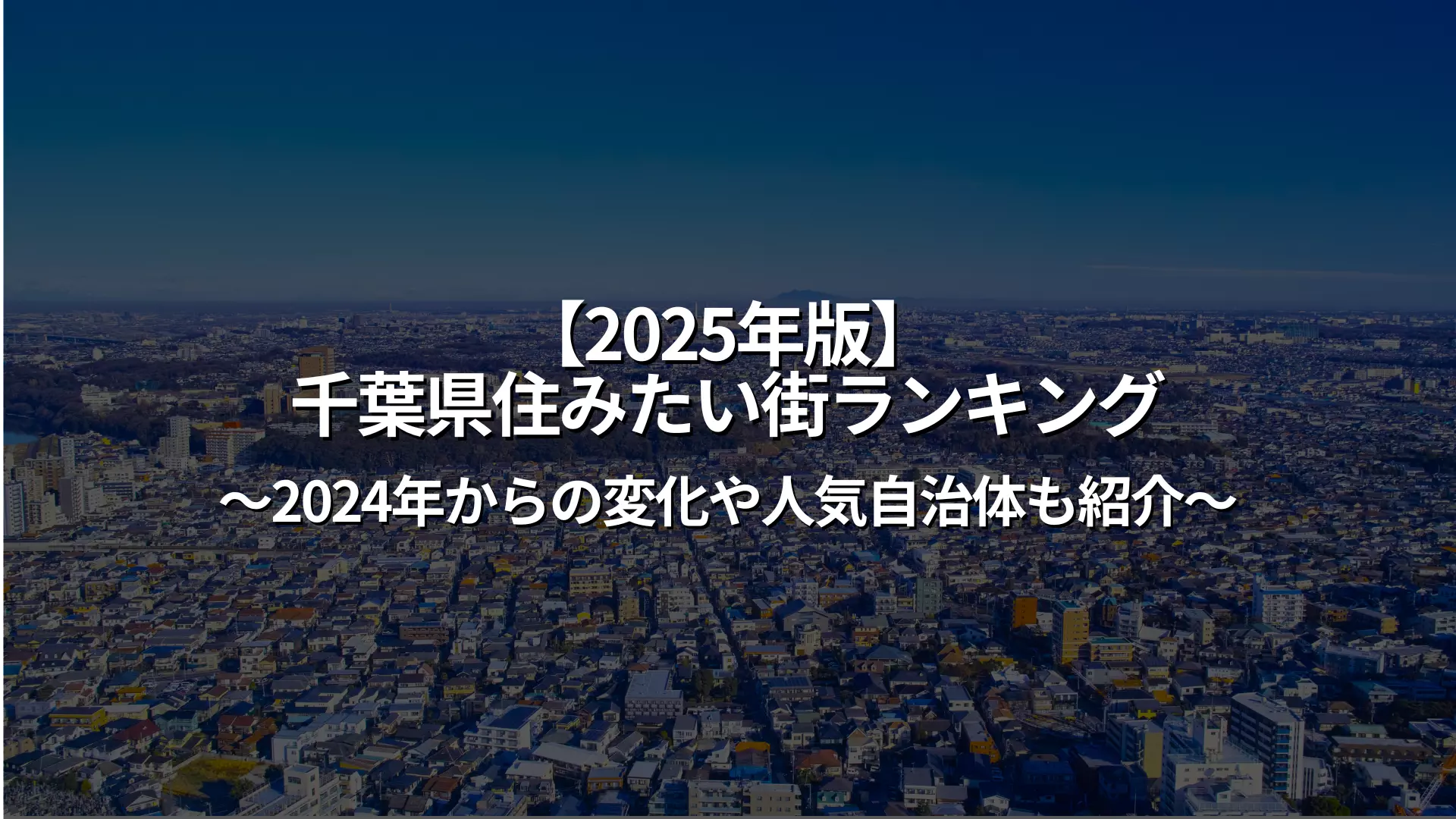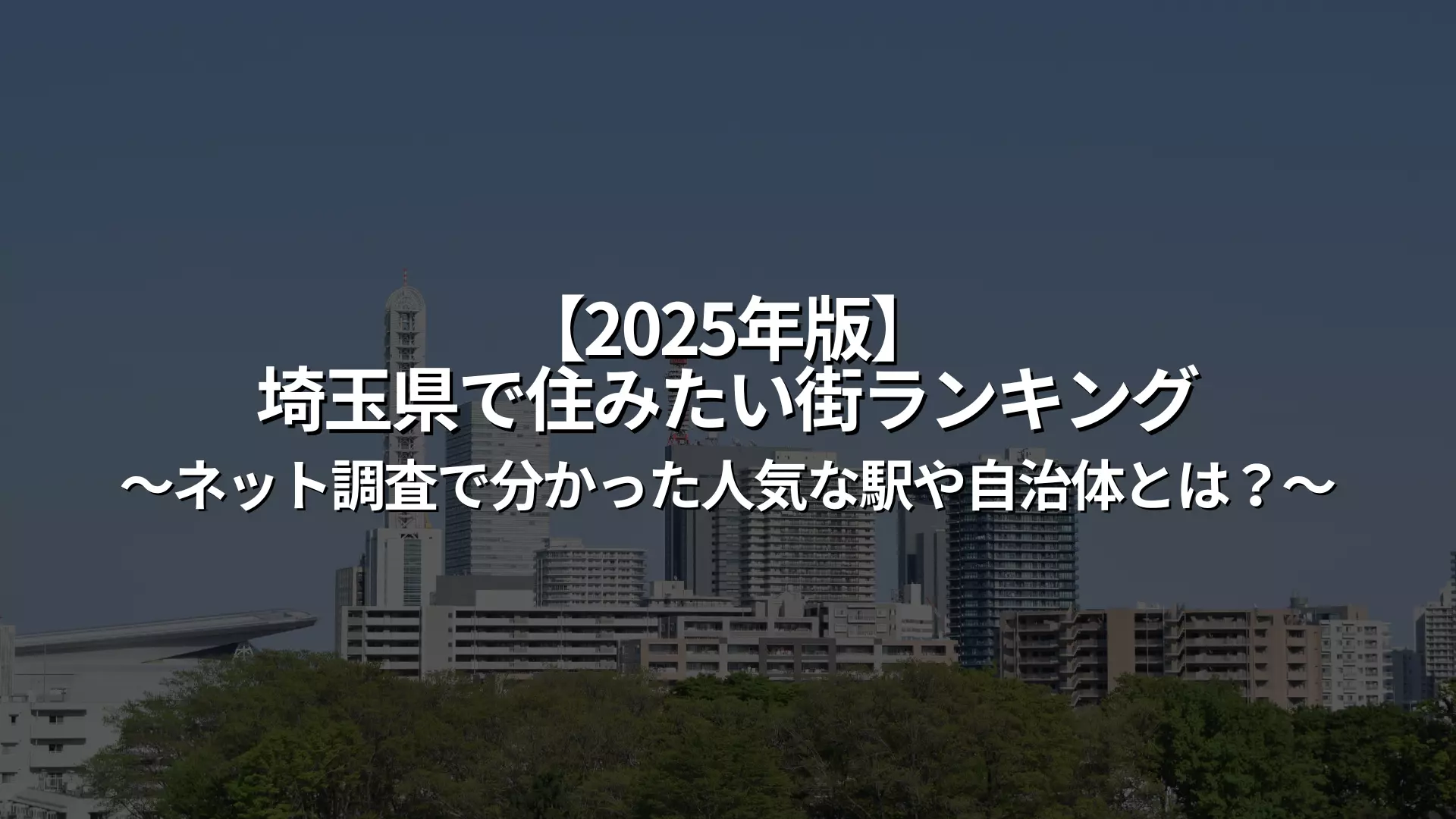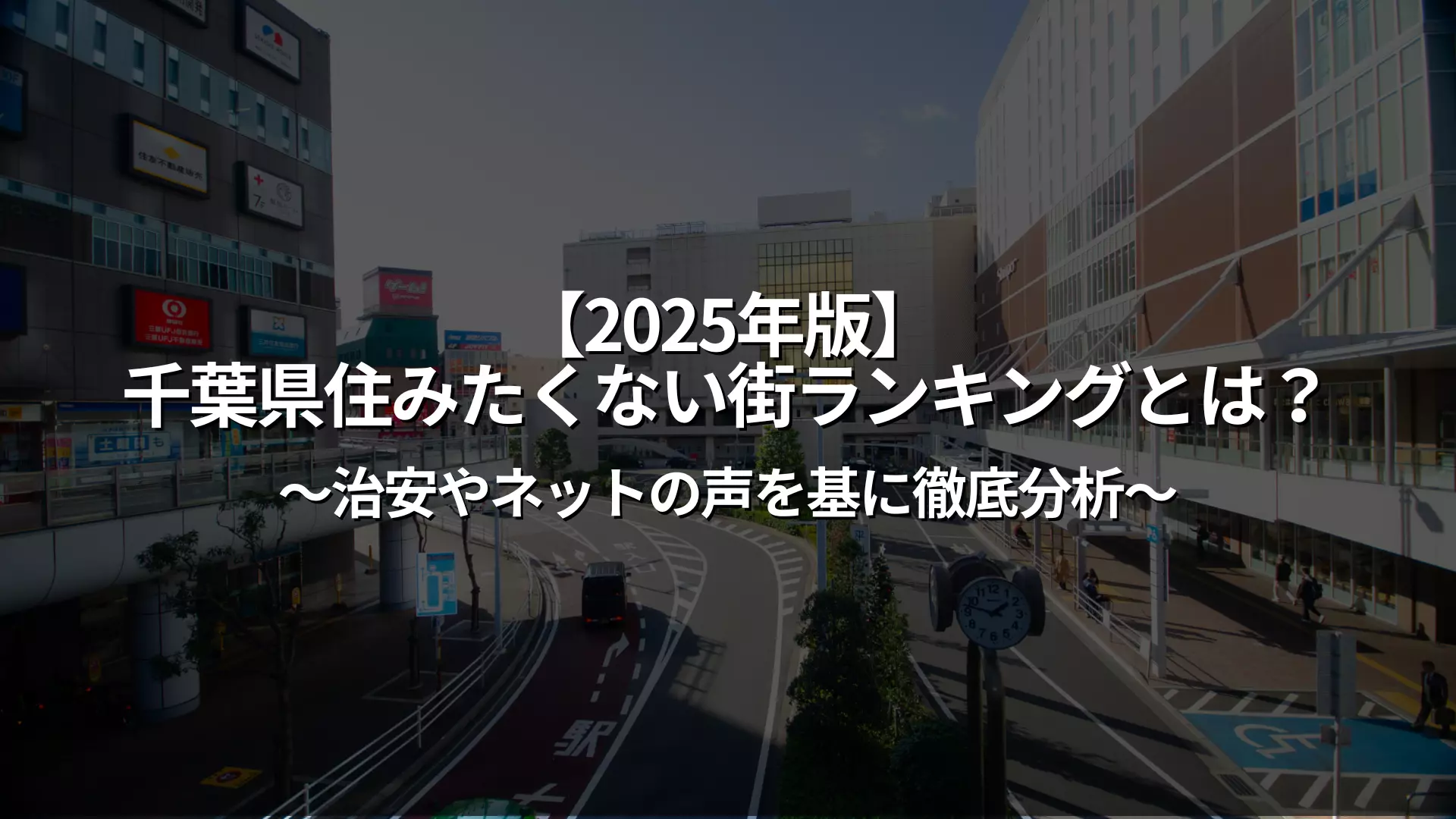What are the average initial costs for renting?
The initial costs required when signing a lease for a rental property are a big burden for many people. It is not uncommon for people to say, "I can pay the rent, but the initial costs are too high to sign a lease." First, we will explain in detail the average initial costs for renting and introduce some tips for keeping costs down.
The general rate is 4 to 5 months' rent.
The initial cost of a rental contract is generally said to be 4 to 5 months' rent. For example, if you are signing a contract for a property with a monthly rent of 70,000 yen, the estimated initial cost is as follows:
| item | Amount (if rent is 70,000 yen) |
| Deposit (1 month) | 70,000 yen |
| Key money (1 month) | 70,000 yen |
| Brokerage fee (1 month + consumption tax) | 77,000 yen |
| Advance rent (1 month) | 70,000 yen |
| Fire insurance premium (for 2 years) | 15,000 yen to 20,000 yen |
| Guarantor company fee (50-100% of rent) | 35,000 yen to 70,000 yen |
| total | 332,000 yen to 377,000 yen |
As such, the general guideline for initial costs is about 4 to 5 months' rent. However, there are some properties that are "zero-zero properties" that do not require a deposit or key money, so by choosing these you may be able to reduce your initial costs.
Differences by region and property type
Urban vs. Suburban: Differences in Initial Costs
The initial costs of renting a property vary greatly depending on the area where the property is located. In particular, in popular areas such as central Tokyo, not only are rents high, but costs such as security deposits, key money, and brokerage fees also tend to be high. For example, in areas such as Shinjuku, Shibuya, and Minato, which are part of Tokyo's 23 wards, it is common for security deposits and key money to be 1-2 months' worth each, and as a result, it is not uncommon for the initial costs to be more than 6 months' rent.
On the other hand, in large metropolitan areas such as Osaka and Nagoya, the initial costs are not as high as in central Tokyo, but it is still common for a deposit and key money to be set. Because urban areas are popular, real estate companies and landlords have little incentive to lower prices, so it tends to be difficult to keep initial costs down even with negotiations.
If you look at regional cities and suburbs, you will find more areas where the initial costs are relatively low. For example, in major regional cities such as Sapporo, Sendai, and Fukuoka, it is not uncommon to find properties with no deposit or key money, and in some cases the use of a guarantor company is not required. Furthermore, in suburban areas, landlords often significantly reduce the initial costs to make it easier for them to find tenants, and you will also find many properties with no key money.
Differences in initial costs depending on the type of property
Initial costs vary greatly depending on the type of property. Newly built apartments are especially popular, and landlords try to recover as much of their costs as possible at the time of signing the contract, so it is common for the deposit and key money to be set at one to two months' rent. In addition, new properties often require security equipment and the latest lock replacements, and these costs are added to the initial costs.
On the other hand, older apartments and condominiums tend to keep initial costs low. Especially for properties that are over 20 years old, there are an increasing number of cases where there is no deposit or key money, which is recommended for those who want to keep initial costs down. In older properties, landlords may offer discounts on agency fees or free rent (free rent for a certain period after the start of the contract) to avoid long periods of vacancy.
The option of a shared house is also very effective in reducing initial costs. In most cases, a security deposit or key money is not required in a shared house, and instead, the security deposit and move-in fee are set at less than one month's rent. In addition, since the house is furnished with furniture and appliances, moving costs can be significantly reduced. Shared houses are a great advantage, especially if you are considering moving in for a short period of time.
UR rentals (public housing provided by the Urban Renaissance Agency) are also recommended for those who want to keep initial costs down. A feature of UR rentals is that they have the advantage of having no agency fees or key money, and no guarantor required. Therefore, compared to regular rental properties, it is possible to reduce initial costs by hundreds of thousands of yen. The average rent is not that cheap, but it is an attractive option for those who want to reduce the burden of initial costs.
In what cases are initial costs particularly high?
The initial costs of renting a property vary greatly depending on the type of property and the terms of the contract, but there are some cases where the initial costs tend to be particularly high. Here we will explain in detail the main factors and countermeasures.
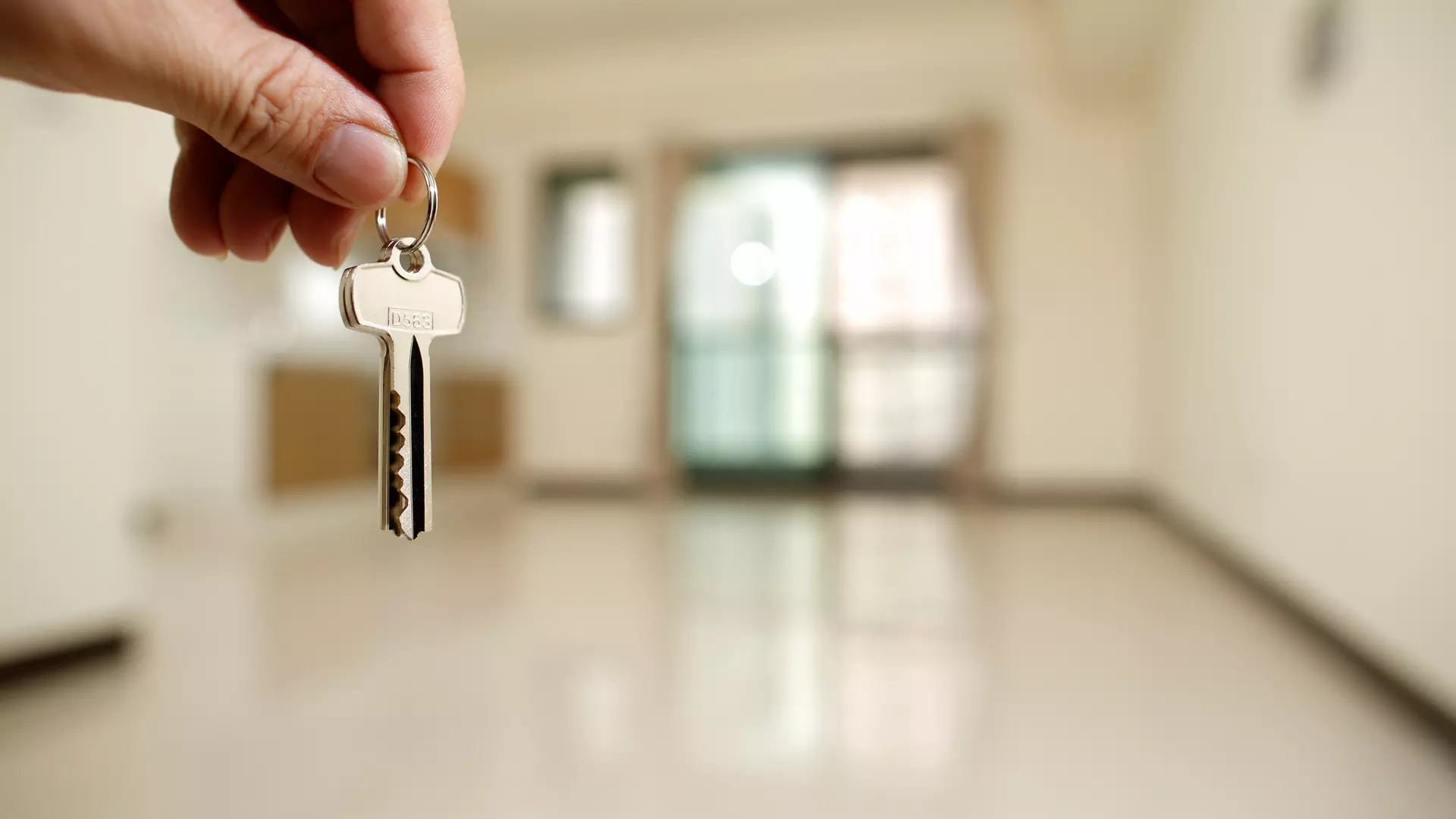
Properties with high key money
Key money is a kind of "thank you" paid to the landlord when signing a contract, and is generally not returned when you move out. It is common for key money to be set at one to two months' rent, especially for new buildings and properties in popular areas. Furthermore, in some areas of the city center, key money of three months' rent or more may be required, which can significantly increase the initial costs.
<Why key money is expensive>
- The property is highly popular (in the city center, near a station, a recently built apartment, etc.)
- Landlords want to identify "good tenants" (to prevent short-term evictions)
- Newly built or renovated property (because it has new facilities)
<Measures>
- Choose a property with no key money: The number of properties with "no key money" has been increasing recently, and there is room for negotiation, especially for older properties or properties that are struggling to find tenants.
- Check whether you can negotiate a reduction: Depending on the property, you may be able to negotiate directly with the landlord to reduce the key money. This is especially true for properties that have been vacant for a long time.
Properties with high guarantor fees
Recently, many properties require you to join a guarantor company, which is a big burden on your initial costs. If you use a guarantor company, you will have to pay a guarantee fee of 50-100% of the rent (about one month's rent) when signing the contract. In addition, you may have to pay a renewal fee of 10,000 to 15,000 yen every year, so the longer you live in the property, the more expensive it becomes.
<Why you need a guarantor company>
- You can sign a contract without a guarantor (relief for landlords)
- To prevent rental contract problems
- It will be easier for people with unstable incomes, such as foreigners, people who have just changed jobs, and freelancers, to sign contracts.
<Measures>
- Choose a guarantor company with low guarantee fees: There are several types of guarantor companies, and the fees vary. It is important to consult with an intermediary to see if you can use a cheaper guarantor company.
- If you can provide a guarantor, look for a property that does not require a guarantor company: Depending on the property, you may not need to join a guarantor company if you provide a guarantor such as a relative. Be sure to check before signing the contract.
Key exchange and house cleaning fees are expensive
Initial costs often include things like key exchange fees and house cleaning fees, which can end up being surprisingly expensive.
- Key replacement cost: Key replacement cost generally costs around 20,000 to 50,000 yen. In particular, if the property has the latest security equipment installed, you may be charged a high fee.
- House cleaning fee: House cleaning fee usually costs around 30,000 to 80,000 yen. Especially in cases where you are asked to pay in advance, you may have to pay cleaning fees again when you move out, so be careful not to include unnecessary fees.
<Measures>
- Check if you can refuse the lock change: Check in advance whether a lock change is required, and if it is not necessary, you can reduce the cost. In some cases, it may be a good idea to negotiate by asking, "I don't need to change the lock, so can you make it cheaper?"
- Check the breakdown of house cleaning fees and cut out unnecessary costs: Cleaning fees may include "deodorizing" and "antibacterial coating." By cutting out unnecessary options, you can reduce costs.
- Get quotes from multiple real estate companies and compare them: Even for the same property, the initial costs may vary depending on the real estate agent. Contact multiple agents and choose the cheapest one.
Sign a contract during the peak season (January to March)
The timing of your move will also have a big impact on the amount of your initial costs. January to March is considered the "busy season," so initial costs tend to be higher than usual.
<Why initial costs are higher during peak seasons>
- Demand increases sharply during the new life season (school entrance, employment, etc.)
- Popular properties are highly competitive and it is difficult to negotiate the price.
- Real estate companies tend not to offer discount campaigns
<Measures>
- Avoid the peak season and sign a contract between April and August: From April onwards, demand for moving slows down and there are more discount campaigns such as "free rent (1-2 months rent free)", which allows you to significantly reduce your initial costs.
- Look for properties with "free rent (1-2 months rent free)" during the off-season: Especially during the off-season from June to August, properties with favorable conditions such as "no deposit or key money + free rent" are more likely to appear. If you have time, we recommend avoiding busy periods.
Search for a room
Only furnished properties with appliances are listed!
5 ways to reduce upfront rental costs
The initial cost of renting an apartment is said to be 4 to 6 months' rent, which is a huge burden for many people. However, if you use the right methods, it is possible to reduce the cost by tens of thousands to hundreds of thousands of yen. Here, we will explain in detail five specific ways to keep the initial cost as low as possible.
① Choose a property with no deposit or key money
What are deposits and key money?
- Deposit: A deposit to be paid to the landlord (refunded when you move out, but repair costs etc. will be deducted)
- Key money: A non-refundable fee paid to the landlord as a thank you.
Typically, a deposit and key money equivalent to one to two months' worth of rent is required, but recently there has been an increase in "zero-zero properties," which do not require a deposit or key money.
<Advantages of no deposit or key money>
- Significantly reduce initial costs (savings of 100,000 to 200,000 yen or more)
- No unnecessary costs even for short-term stays
- Other costs may be reduced through negotiation.
<Disadvantages and points to note>
- Properties without a deposit tend to have high repair costs when you move out
- Properties with no key money may have slightly higher rent
- In many cases, it may be necessary to use a guarantee company.
② Find a real estate company with low brokerage fees
The brokerage fee is a fee paid to the real estate company that brokered the property contract, and is usually one month's rent plus consumption tax (approximately 1.1 months' rent).
<How to reduce brokerage fees>
1. Find a real estate agency that offers half or no commission
- Some real estate companies allow you to sign a contract for less than half a month's commission
- For example, companies such as "Able" and "Apaman Shop" sometimes run campaigns offering discounts on fees.
- Use sites like "Uchikomi!" where you can make direct contracts with landlords
2. Choose a property where the landlord pays the agent's fees
- In some properties, the brokerage fee is "paid by the landlord," in which case the tenant has no responsibility.
3. Get competitive quotes and negotiate fees
- Request quotes for the same property from multiple real estate companies and choose the one with the lowest commission
- If you tell them that the fees at other companies were half the price, they may be willing to negotiate.
③ Choose a property with free rent
Free rent is a system in which rent is free for a certain period (1 to 3 months) after signing a contract. This is a special offer provided by landlords to deal with vacant rooms, and can be found mainly in the following properties:
- Properties in areas where it is difficult to find tenants
- Older building but well equipped
- Vacant properties after peak season (January to March)
<Benefits of free rent>
- Initial costs can be significantly reduced (1-2 months rent can be saved)
- You will have more money to live on after moving in
- Combined with no deposit or key money, you can reduce costs even further
<Points to note>
- If you move out within a certain period of time, you may be charged a penalty.
- The rent may be set higher to take into account the free rent.
- Be sure to check the cancellation conditions before signing the contract
④ Use installment payments for initial costs
Recently, an increasing number of real estate companies are offering installment payment services for people who find it difficult to pay the initial costs in one lump sum. Items that can be paid in installments are as follows:
- Deposit and key money
- Brokerage fee
- Advance rent
- Guarantor company initial fee
<How to pay in installments>
1. Credit card payment
- Pay part or all of the initial fee with a credit card and use installment or revolving payments
- However, be careful as revolving payments have high interest rates.
2. Use a real estate company's installment plan
- Some real estate companies allow you to pay in installments with no or low interest rates.
- For example, "Smooth" or "Epos Card Partnered Rental Guarantee"
3. Use a deferred rent payment service
- By deferring rent payments, you can reduce the burden of initial costs.
- For example, services such as "OHEYAGO" and "Rent Deferred Payment"
⑤ Negotiate and reduce optional costs
When signing a rental contract, real estate companies and property management companies may add various optional fees. Many of these can be reduced through negotiation.
<Possible reduction options>
- Key replacement cost (average price: 20,000-50,000 yen) → Negotiable if the previous tenant has already replaced the key
- Deodorizing and antibacterial coating (10,000 to 30,000 yen) → If not needed, request to have it removed
- House cleaning fee (30,000-80,000 yen) → If the fee is higher than the market rate, check the estimate and negotiate
- 24-hour support fee (10,000-20,000 yen) → Check if subscription is required and delete if not
- Fire insurance (15,000 to 20,000 yen) → You may be able to find and sign up for cheaper insurance yourself.
Consider the option of a shared house
For those who find the initial costs of renting a property too high, a share house is an attractive option. A share house is a style of residence where multiple tenants share one property, and the initial costs can be significantly reduced compared to regular rentals. In addition, since furniture and appliances are provided, there is no need to purchase new items, and moving is smooth. In addition, utilities and internet fees are often included in the rent, so monthly living expenses are also kept low. A share house is an ideal option, especially for those who are considering a short stay or who want to minimize living costs.
Why a share house can drastically reduce initial costs
Unlike regular rental properties, share houses often do not require a security deposit or key money, which allows you to significantly reduce your initial costs. Normally, a rental contract requires 4 to 6 months' rent, but share houses often require a deposit of around 10,000 to 30,000 yen, making it easier to move in. In addition, since furniture and appliances are provided, there is no need to purchase new items, which also reduces moving costs. Furthermore, many properties include utility bills and internet fees in the rent, which also reduces monthly fixed costs, allowing you to minimize your total costs.
Benefits of a share house
The biggest advantage of a share house is that it keeps initial costs and living expenses low. Many properties do not require a deposit or key money, and furniture and appliances are provided, so you can start your new life right away. Also, utilities are generally included in the rent, so you can stabilize your monthly expenses. Furthermore, share houses have common spaces and are a good place for people who want to make new friends, as it is easy for residents to interact with each other. They are especially ideal for those who want to interact with people from overseas or expand their work or hobby networks. Many properties allow short-term stays, so they are also attractive as they can flexibly accommodate your lifestyle.
If you would like to know more about the advantages and disadvantages of living in a shared house, please read this article.
Disadvantages of a share house
Share houses have many advantages, but one disadvantage is that it is difficult to secure privacy. Even if you have a private room, you will need to share common spaces such as the living room, kitchen, and bathroom with other residents, which can cause stress due to differences in lifestyle. In addition, you will need to follow the rules of the shared space, so if some residents have bad manners when it comes to cleaning or taking out the trash, it can cause trouble. Furthermore, popular share houses fill up quickly, so be careful not to miss the opportunity to move into your desired property.
Who is a share house suitable for?
Share houses are ideal for people who want to keep initial costs as low as possible. They are an ideal choice for people who plan to stay for a short period of time, or who want to move easily without buying furniture or appliances. They are also suitable for people who enjoy interacting with others and who can easily adapt to a new environment. On the other hand, they are also great for people who want to manage their monthly living expenses with a fixed amount without worrying about utility bills. On the other hand, they may not be suitable for people who value their time alone or who are reluctant to live together with people who have different lifestyles.
If you would like to know more about who is and isn't suited to living in a shared house, please read the article below.
"Who is suitable for a share house? Explaining the characteristics and benefits"
Search for a room
Only furnished properties with appliances are listed!
Be aware of other costs besides the initial rental fee
When signing a lease for a rental property, we tend to focus only on the initial costs such as the deposit, key money, and agent fees, but there are many other costs that will arise when actually moving. By understanding these costs in advance, you can avoid going over budget and get off to a smooth start in your new life. Here we will explain in detail the typical costs that will be incurred in addition to the initial rental costs.
Moving expenses
Moving requires transportation costs. For a single person move, it will cost between 20,000 and 50,000 yen, and for a family move, it will cost between 50,000 and 100,000 yen. The cost will vary depending on the distance, the amount of luggage, and whether it is a busy season or not. To keep costs down, it is recommended to request quotes from multiple moving companies and choose the cheapest plan. Other effective methods include moving during the off-season, reducing your luggage and using a single-person package.
Purchase of furniture and appliances
Don't forget to buy the furniture and appliances you'll need in your new home. The bare minimum includes a refrigerator, washing machine, microwave, lighting, curtains, and a bed. Buying new items will usually cost between 50,000 and 200,000 yen, so you'll need to find ways to keep costs down as much as possible. You might consider choosing a property that already has furniture and appliances, taking advantage of second-hand shops and flea market apps, or asking friends or family for help.
Internet contract and activation fees
In rental properties, you often have to sign up for the internet yourself, and you may have to pay contract fees and installation costs as initial costs. The average price is around 5,000 to 20,000 yen, but if you take advantage of a provider campaign, the installation fee may be free. Choosing a property with free internet or using a pocket Wi-Fi is also an effective way to keep costs down.
Fire insurance premiums
When signing a rental contract, it is almost always mandatory to take out fire insurance. The average price is about 15,000 to 20,000 yen for two years, but it may be cheaper to search for and sign a contract yourself on the Internet rather than using the insurance specified by the real estate company. You may also be able to reduce your insurance premiums by checking the coverage and eliminating unnecessary options.
Costs for moving residence certificates and other procedures
After moving, you will need to go through procedures such as transferring your residence registration and changing the address on your driver's license. There is a fee of a few hundred yen to transfer your residence registration, and you will also need to consider other things such as forwarding your mail and paying NHK reception fees. To reduce the hassle of the procedures, check the city hall's website in advance to see what documents you need and the process will go smoothly.
summary
The average initial cost of renting is 4 to 6 months' rent, which is a big burden for many people. However, you can reduce costs by choosing a property with no deposit or key money, using a real estate agency with low agency fees, or looking for a property with free rent. Furthermore, choosing a shared house can significantly reduce initial costs and living expenses. In addition, you should also consider expenses other than initial costs, such as moving costs and the cost of purchasing furniture and appliances, and proceed with your move wisely.



